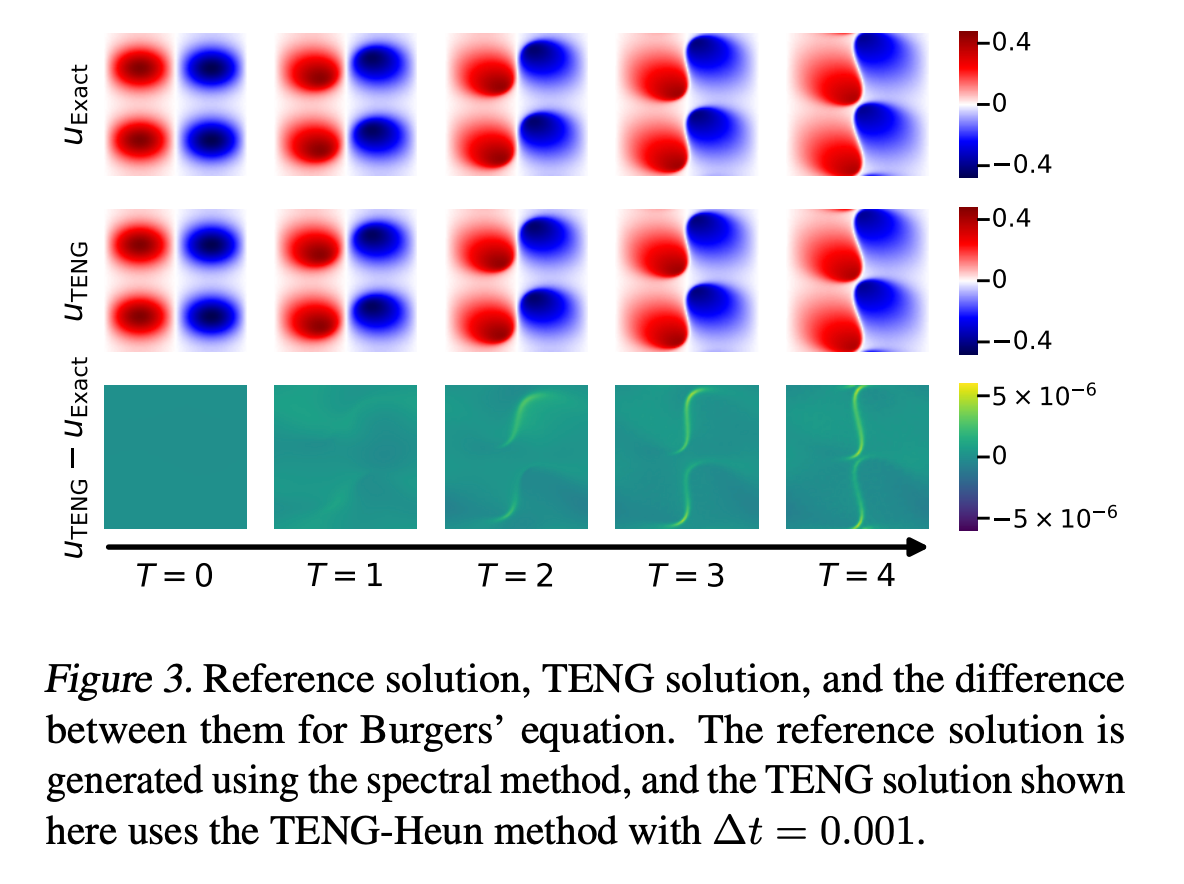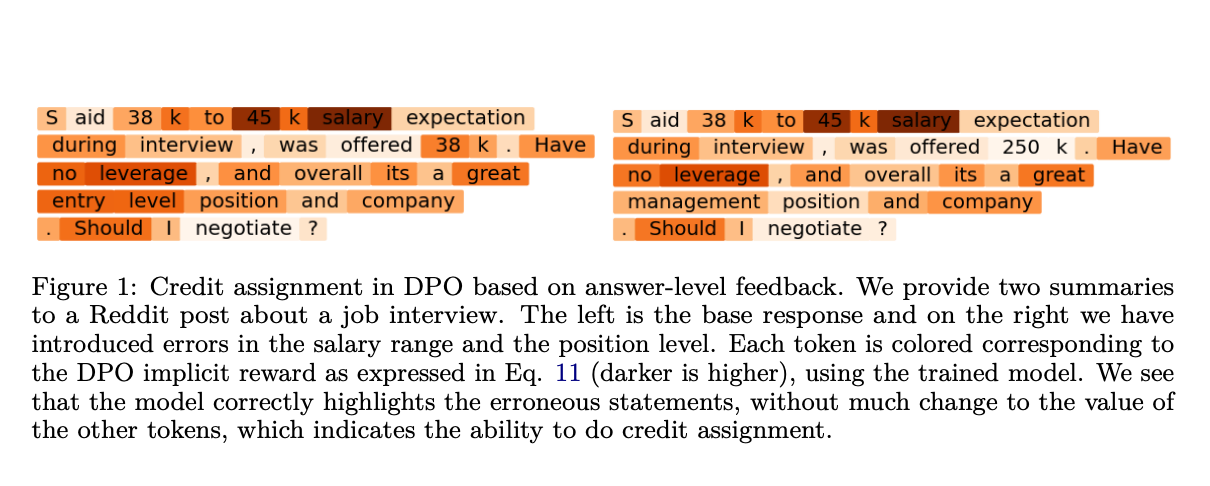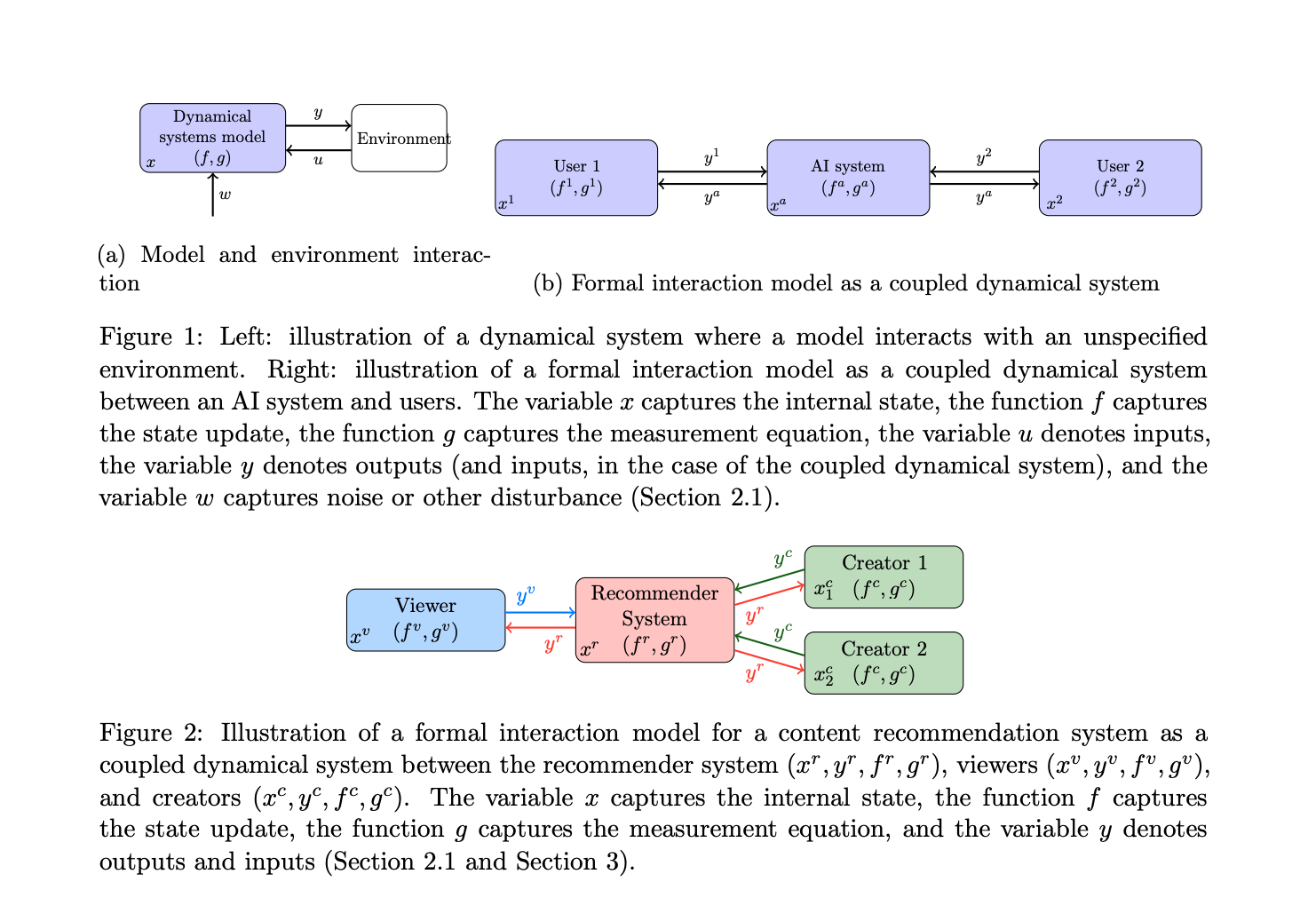Advancing Fairness in Graph Collaborative Filtering: A Comprehensive Framework for Theoretical Formalization and Enhanced Mitigation Techniques

Recommender systems have become powerful tools for personalized suggestions that automatically learn the users’ preferences towards diverse categories of items, ranging from streams to points of interest. However, their widespread use has raised concerns about trustworthiness, and fairness. To address unfairness in recommendations, algorithms have been developed and categorized into pre-processing, in-processing, and post-processing approaches. Most research focuses on in-processing techniques, especially for consumer unfairness. This issue is evident in fairness-aware graph collaborative filtering (GCF), which uses knowledge graphs and graph neural networks, but neglects consumer unfairness in pre- and post-processing approaches.
Existing research focuses on bridging the gap in fairness-aware GCF through a post-processing data augmentation pipeline. This method utilizes a trained graph neural network (GNN) to augment the graph for fairer recommendations by optimizing a fairness-aware loss function that considers demographic group differences. The evaluation was restricted in scope despite showing promising results. It lacks a comprehensive protocol with a wide range of GNNs and datasets. Moreover, the existing works primarily focused on established GNN models like GCMC, LightGCN, and NGCF, while newer architectures in GCF have been largely overlooked.
Researchers from the University of Cagliari, Italy, and Spotify Barcelona, Spain have proposed a detailed approach to address the limitations of previous fairness-aware GCF methods. They provided theoretical formalization of sampling policies and augmented graph integration in GNNs. An extensive benchmark was conducted to address consumer unfairness across age and gender groups, by expanding a set of sampling policies to include interaction time and traditional graph properties. Moreover, FA4GCF (Fair Augmentation for Graph Collaborative Filtering) was introduced, a versatile, publicly available tool built on Recbole that adapts to different GNNs, datasets, sensitive attributes, and sampling policies.
The proposed method significantly expands the scope of evaluation compared to previous studies by replacing Last.FM-1K with Last.FM1M (LF1M) and extending the experimental evaluation to include datasets from diverse domains such as MovieLens1M (ML1M) for movies, RentTheRunway (RENT) for fashion, and Foursquare for points of interest in New York City (FNYC) and Tokyo (FTKY). Consistent pre-processing steps are applied, which contain age binarization and k-core filtering across all datasets. Moreover, a temporal user-based splitting strategy with a 7:1:2 ratio is adopted to train, validate, and test sets, including a broader range of state-of-the-art graph collaborative filtering models.
The results reveal that fairness mitigation techniques have varying impacts across different models and datasets. For instance, SGL on the ML1M dataset achieved optimal unfairness mitigation with an increase in overall NDCG, indicating an effective improvement for the disadvantaged group. High-performing models like HMLET, LightGCN, etc, demonstrated consistent fairness improvements on LF1M and ML1M datasets. Different sampling policies exhibited varying effectiveness, with IP and FR policies showing strong performance in unfairness mitigation, particularly on LF1M and ML1M datasets. Also, improvements were seen on RENT and FTKY datasets, but the overall effect was minimal and inconsistent.
In this paper, researchers presented a detailed approach to overcome the limitations of previous fairness-aware GCF methods. The researchers formalized sampling policies for user and item set restrictions, developed a theoretical framework for the augmentation pipeline and its impact on GNN predictions, and introduced new policies that utilize classical graph properties and temporal features. The evaluation covered diverse datasets, models, and fairness metrics, providing a more detailed assessment of the algorithm’s effectiveness. This paper provides valuable insights into the complexities of fairness mitigation in GCF and establishes a robust framework for future research in the recommender systems field.
Check out the Paper. All credit for this research goes to the researchers of this project. Also, don’t forget to follow us on Twitter and join our Telegram Channel and LinkedIn Group. If you like our work, you will love our newsletter..
Don’t Forget to join our 50k+ ML SubReddit
Here is a highly recommended webinar from our sponsor: ‘Building Performant AI Applications with NVIDIA NIMs and Haystack’
Sajjad Ansari is a final year undergraduate from IIT Kharagpur. As a Tech enthusiast, he delves into the practical applications of AI with a focus on understanding the impact of AI technologies and their real-world implications. He aims to articulate complex AI concepts in a clear and accessible manner.













